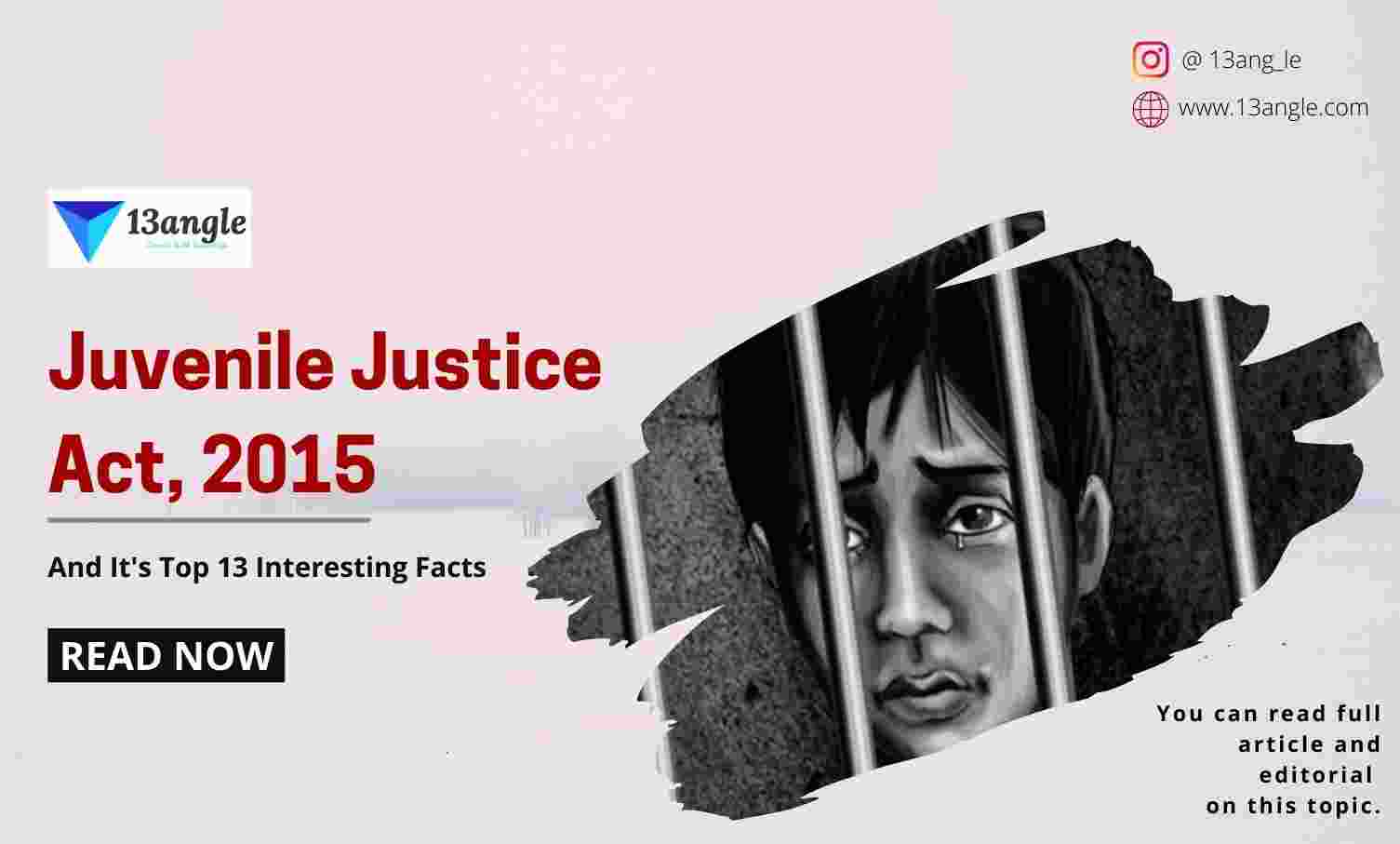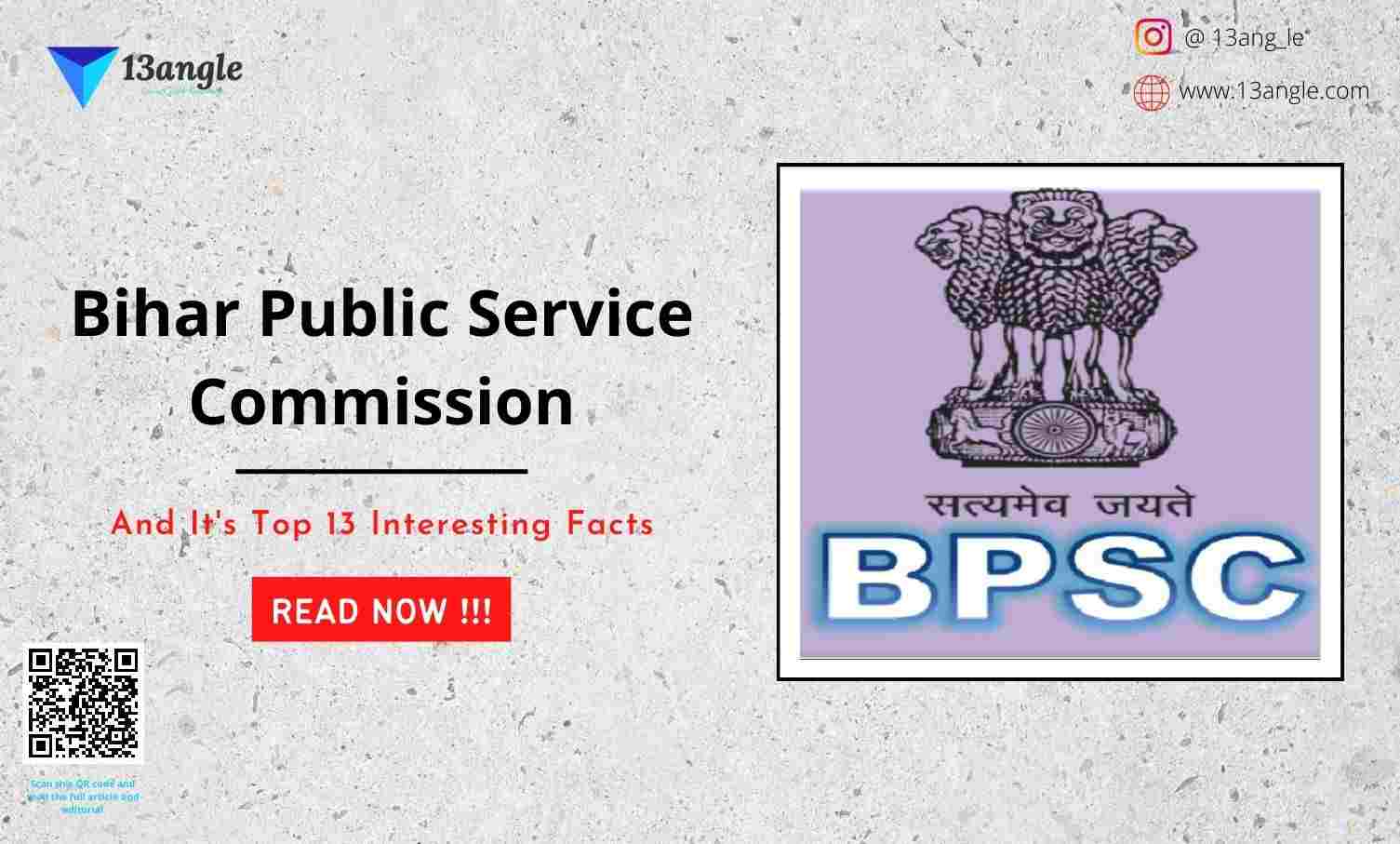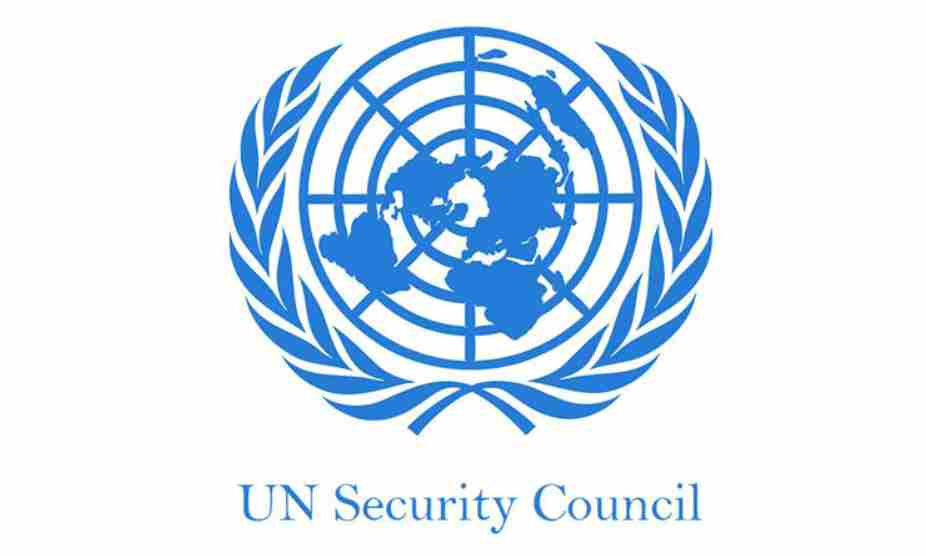
Introduction
United Nations Security Council Or UNSC is the powerful organ of the United Nations. It is one of the six principal organs of the UN. Its responsibility is to ensure international peace and security. It admits the new UN members to the General Assembly and approves the changes to the UN Charter.
The UN Charter is termed The Charter of the United Nations. It is an intergovernmental organization that is the foundational treaty of the UN. It maintains the purposes, governing structure, and the overall framework of the UN system. Its six principal organs are – The Security Council, The Secretariat, The General Assembly, The Economic and Social Council, The Trusteeship Council, and the International Court of Justice.
Why It Is Formed?
During the century, previously when the UN was created, several international agreement organizations had been formed with conferences to control the conflicts between the nations. Some of them were the Red Cross and the Hague Conventions. The extreme loss of life in World War I, the Paris Peace Conference formed the League of Nations so as to maintain the peace between the nations. This organization solved some of the territorial disputes and conflicts and created international structures for areas like postal mail, opium control, and aviation. Some of these would be later absorbed into the UN. Somehow the league lacked representation of the colonial people and also participation from several major powers – the US, the USSR, Germany, and Japan. The league failed to act on the 1931 Japanese invasion of Manchuria, 1937 Japanese occupation of China, the second Italo-Ethiopian war in 1935, and Nazi expansion under Adolf Hitler that turned into World War II.
On New Year’s Day 1943, President Roosevelt, Prime minister Churchill, Maxim Litvinov, of the ISSR, and T. V. Soong, from the Republic of China, signed a short document. The document was based on the Atlantic Charter and The London Declaration. Which was later known as the United Nations Declaration. And on the next day, the other Twenty-two nation representatives included their signatures. When 26 governments signed this the term ‘United Nations’ came into existence and was officially used. 21 additional nations were added by March 1, 1945. The term ‘Four Powers’ was introduced, which includes countries- the United States, The soviet UnionUnion, The United Kingdom, and the Republic of China. And like this, the Security Council was formed, which became the foundation of an executive branch of the UN.
Formation
- On the 25th of April, 1945, the UN had a conference on International organization, which began in San Francisco, and was attended by 50 governments and a number of non-governmental organizations. It was involved in drafting the United Nations Charter. At that conference, an Australian H. V. Evatt pushed for further restrictions on the veto power of the Security Council permanent members. Because of the fear that rejecting the strong veto power would cause the conference failure, his proposal was rejected from twenty votes to ten. On 24th October 1945, the United Nations came into existence, after the ratification of the charter by the five permanent members and the majority of the other 46 signatories. On 17th January 1946, the Security Council, for the first time met at the Church House, Westminster, in London, UK.
Presidency Of UNSC
- The presidency of the UNSC keeps on changing every month. It is responsible for leading the UNSC. It rotates among the 15 member States. The head is known as the President of the United Nations Security Council. The president has the overall responsibility of maintaining and coordinating actions of the council, to decide policy disputes Or sometimes it has to take the charge and be the intermediary between the conflicting groups.
Presidency In 2022
Month | Country | Flags |
January | Norway | 🇳🇴 |
February | Russia | 🇷🇺 |
March | United Arab Emirates | 🇦🇪 |
April | United kingdom | 🇬🇧 |
May | United States | 🇺🇸 |
June | Albania | 🇦🇱 |
July | Brazil | 🇧🇷 |
August | China | 🇨🇳 |
September | France | 🇫🇷 |
October | Gabon | 🇬🇦 |
November | Ghana | 🇬🇭 |
December | India | 🇮🇳 |
Members
- There are a total of fifteen members of the Security Council. Of which five are permanent-the People’s Republic of China, the Russian Federation, The United Kingdom of Great Britain, The United States, the French Republic, and Northern Ireland. There are more than 50 UN member states that have never been members of the Security Council. When the council considers any UN member country’s interest to be affected, it can become a member of the Security Council without a vote. If any member or nonmember of the UN has some disputes, considered by the Security Council, they can participate in the discussion in the Council.
1. Permanent Members:-
- The five members of the Security Council are the Republic of China, The United Kingdom, The Provisional Government of the French Republic, The Soviet Union, and the United Nations. These countries are permanent members of the Security Council. Since that time there have been two major seats. Chiang Kai-Shek held China’s seat. These countries are the great powers, on their successor states which were the victors of World War II. The permanent members are also called Permanent five, P5, Or big five. These members have a permanent seat in the UN Security Council.
2. Non-Permanent Members:-
Along with the permanent members, there are other temporary members in the United security Council. They have the temporary seats on a rotating basis, by geographic region. At first, the Security Council had six nonpermanent members but after 1965, it had expanded the number to ten. Non-permanent members are elected for two years. Starting from January 1, five members are replaced every year. To be a member, a candidate must have at least two-thirds of all the votes. If a member is retiring, it cannot stand for reelection.
The states which have never been elected since 1946 are:-
Afghanistan | Fiji | Seychelles |
Albania | Georgia | The Solomon Islands |
Andorra | Grenada | South Sudan |
Tuvalu | Haiti | Suriname |
Barbuda | Iceland | Swaziland |
Armenia | Israel | Switzerland |
The Bahamas | Kiribati | Tajikistan |
Barbados | Kyrgyzstan | Tonga |
Belize | Lao | Myanmar |
Bhutan | Latvia | Nauru |
Brunei | Lesotho | North Macedonia |
Uzbekistan | Liechtenstein | Palau |
Cambodia | Malawi | Papua New Guinea |
The central African Republic | The Maldives | The Republic of Moldova |
Comoros | The Marshall Islands | Turkmenistan |
Cyprus | Micronesia | Saint Lucia |
The Republic of Korea | Monaco | Samoa |
Dominica | Mongolia | San Marino |
El Salvador | Montenegro | Vanuatu |
Eritrea | Mozambique | Serbia |
Roles Of Members-
- The UN main role is to ensure security internationally. It has the authority to investigate any situation which is threatening to international peace. It finds ways to settle disputes peacefully. It calls upon the other members to interrupt the sea, economic relations, air, postal and radio communication. It takes decisions on how to solve the disruption. The UN Security Council has the right to access power to investigate and find solutions without harming international peace and safety.
Veto Power
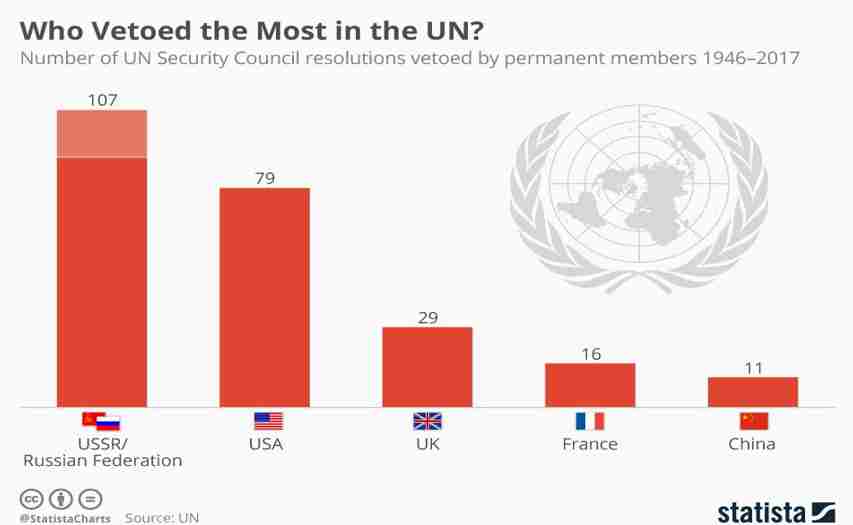
- To be a member of the Security Council, it requires the votes of three-fifths of the members. A negative vote is called veto. If any permanent member gives a veto the member is not adopted, even if it has acquired the required number of votes. Every permanent member has to vote to adopt any new member of the Security Council. A veto cannot be used to avoid any discussion. The veto was used by the United Kingdom and France to avoid the Security Council condemnation of their action in the Suez Crisis, 1956. In 1970, the first veto from the United States came up, blocking the actions of the General Assembly in Southern Rhodesia.
The Importance Of Veto Power
Those members who are in the position of permanent members have a little more advantage in the committee. The whole committee requires the approval of permanent members which shows a great responsibility on the permanent members. It has the authority to use the veto power, the whole nation needs to ensure their ideas from the permanent members. Veto power gives a shield or protection to the permanent members where, if they betray them they have to suffer the consequences thereafter.
With it the veto power should not be used to threaten others, or constantly wave their right to veto those who oppose them. One must see through other’s delegates and recognize their necessity.
Double veto- it’s a term used in journalistic language, it describes a succession of two negative votes.
Elections
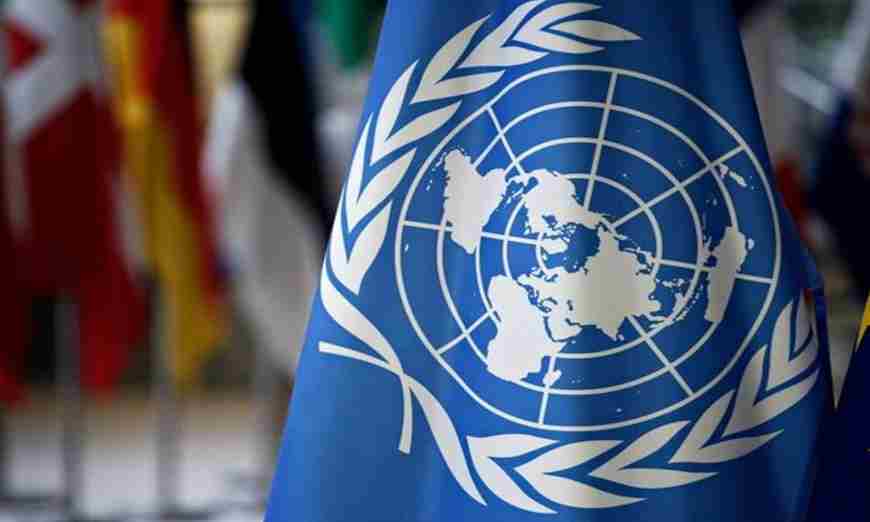
The United Nations Security Council’s elections carry on for the five permanent members of the United Nations Security Council. The rules and procedures should be followed as mentioned.
The election for the United Nations Security Council will be held in June 2022. It will be the 76th session of the United Nations General Assembly, which was held at the United Nations Headquarters in New York City. The member will be elected for 2, starting from January 1, 2023.
And the non-permanent members are selected on a regional basis.
Peacekeepers
When the cold War rivalries frequently paralyzed the cold War, United Nations peacekeeping was born. Peacekeeping work was to maintain a ceasefire and stabilize the situations on the ground. It provided crucial support for political efforts for resolving conflicts peacefully. This mission consists of both armed and unarmed troops. They observe and monitor the movements and report them. They are also involved in confident-building roles.
The UN Truce Supervision Organization (UNTSO) and the UN Military Observer Group in India and Pakistan (UNMOGIP) are the first two peacekeeping operations held by the UN. As the UN military is unarmed and has the task of observing and reporting, they played an important role in these two missions and authorized many forces in the low hundreds.
Meetings
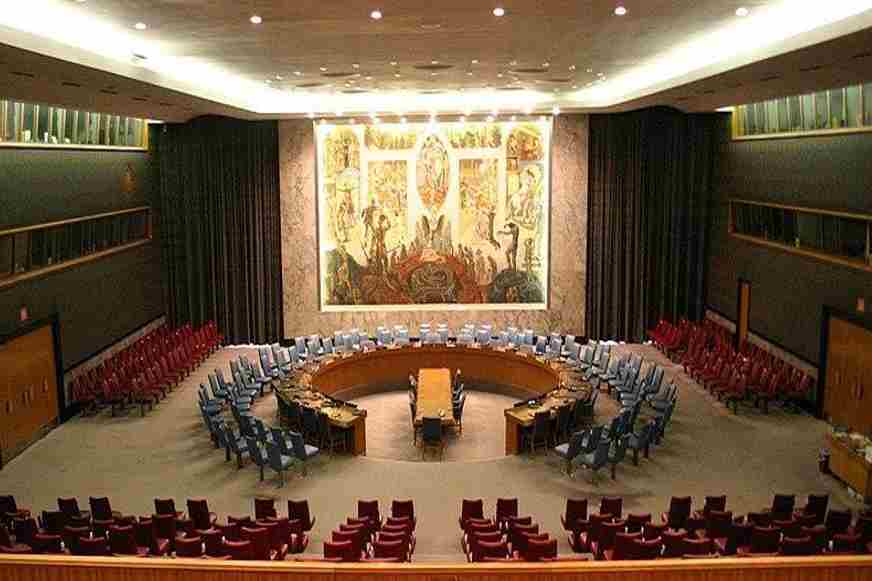
- The Security Council generally meets in a designated chamber in New York City in the United Nations Conference Building. It also held its meetings in Nairobi, Kenya; Panama City, Panama; Geneva, Switzerland; Addis Ababa, Ethiopia.
Consultation Room
- Due to the public survey of the Security Council Chamber, much of the work is conducted behind closed doors, which is known as ‘informal consultation’. Only the members of the Security Council are allowed to enter the consultation rooms.
Criticism On UNSC
The Security Council’s effectiveness and relevance is on the mark sometimes. There are many questions that have been raised by the Security Council. As the UN Charter gives all the three powers of the legislative, executive, and judiciary branches to the UN Security Council. In August 2012, Ayatollah Ali Khamenei, at the inaugural speech of the 16th Summit of the non-aligned movement, criticized the Security Council as “an illogical unjust and completely undemocratic structure and mechanism”, also called for the full reform.
It was so difficult to reform the Security Council as the criticism revolves around the three issues:
- Security Council members should not affect today’s world
- Five permanent members abuse the privileges and enjoy the veto power frequently.
- There is very little transparency and efficiency in the decision-making process of the UN Security Council.
- Almost all the UN members agree to reform the Security Council but it’s not possible as it is not only on the North-South conflict but also on the redistribution of powers along with the world.
Summary
The Security Council is the United Nation’s principal crisis management body which is empowered to impose binding obligations on the 193 UN member states, for maintaining peace. Structurally, the Council remains unchanged since its founding, which became a topic of discussion among the members about the need for reforms. The five permanent members exercise the veto power to Varying degrees. While counting, Russia has been the most frequent user of the veto. It blocked more than hundreds of resolutions.
The council’s presidency rotates on a monthly basis with some rules and agendas. And the ten non-permanent members which are elected on the two-third vote of the general assembly.
Members of the Security Council sit during the meeting at the UN headquarters in New York.
The fifteen-member of the UN Security Council looks to mark threats to international security. It’s five permanent members who were chosen in the time of World War II, have veto power.
The Security Council promotes negotiations, imposes sanctions, and allows the use of force, including the formation of peacekeeping missions.
Critics say the council’s structure is obsolete and that it fails to represent many regions of the world, stimulating calls for reforms.
In recent years, members’ competing interests have often inhibited the council’s ability to acknowledge major conflicts and crises, such as Syria’s civil war, Russia’s annexation of Crimea, and the coronavirus pandemic.
China’s use of veto power has risen in recent years. In contrast, France and the United Kingdom have not exercised their veto power since 1989 and have urged for other P5 members to use it less.
Many UN members state to stop the use of Veto, but they also realize that veto cannot be canceled so easily, it’s next to impossible. Because the P5 can veto the UN Charter amendment. They will not agree to give up their powers. Therefore many countries came forward to cancel the veto power.
A secondary consideration is the “equitable geographical distribution,” which gave rise to the regional groups used since 1965 in elections: the African Group has three seats;
- the Asia-Pacific Group- 2
- the Eastern European Group- 1
- the Latin American and Caribbean Group- 2
- the Western European and Others Groups (WEOG)- 2
- Each has its own electoral procedure. An Arab seat fluctuated between the African and Asian blocs by the informal agreement. Turkey and Israel, which have never set out on the council, have caucused with WEOG.
- The UN is working with so many important agencies from all over the world. Some of the agencies are World Health Organization (WHO), World Food Program (WFP), and the United Nations Children Emergency Fund (UNICEF). It has many sub-organizations also to fulfill its mission all over the world.
Top 13 Interesting Facts About UNSC
1. The United Nations Conference Building chamber was designed by Arnstein Arneberg, who was a Norwegian architect and was a gift from Norway.
2. The mural by Norwegian artist Per Krogh shows a Phoenix rising from its ashes which symbolizes the world’s rebirth after World War II.
3. There are seven elements of national security: energy security, physical security, economic security, food security, environmental security, cyber, and border security.
4. Three pillars of National Security are: Governance, Economic reconstruction, sustainable development, delivery of basic services, and security sector reform.
5. As of 2012,269 vetoes had been recorded. Where;
- China- 9 times
- France- 18
- The Soviet Union of Russia- 128
- The United Kingdom- 32
- United States- 89
6. The five permanent members were the victorious powers in World War II, and also maintained the world’s most powerful military forces. They are at the top of the list, of the highest military expenditures.
7. The UN has six official languages.
8. It hasn’t changed its emblem since 1946.
9. It hosts International Court Hearings.
10. The UN has the first record definition of Human Rights.
11. It has almost 200 member states.
12. Branches and programs of the UN have received Nobel peace prizes 11 times.
13. It prioritizes specific global issues.

































































